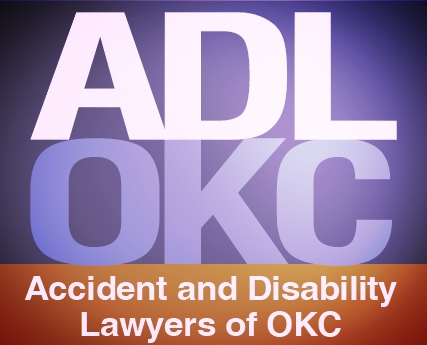Fighting Goliath: The Challenges of Battling the Government in Civil Rights Claims
Fighting Goliath: The Challenges of Battling the Government in Civil Rights Claims
When it comes to civil rights claims, particularly those centered on excessive force and deprivation of medical care, the path to justice can be exceptionally thorny. More often than not, these legal battles pit individuals against the vast machinery of the government in federal courts. Here, we'll shed light on the unique challenges of these cases, highlighting the hurdles individuals face and underscoring the importance of robust legal representation.
1. The Immensity of the Governmental Apparatus
The government, by its very nature, is equipped with vast resources, including a legion of experienced lawyers and seemingly bottomless financial reserves. This arsenal often gives the government an edge, enabling it to mount a formidable defense against claims, even when civil rights have been blatantly violated.
2. Qualified Immunity: A Steep Hill to Climb
One of the most significant challenges in cases against government entities, especially those involving law enforcement officers, is the doctrine of qualified immunity. This legal shield often protects officers from being held personally liable for actions taken in the line of duty unless they violated "clearly established" constitutional rights. Overcoming this defense requires a meticulous presentation of evidence, expert testimonies, and nuanced legal arguments.
3. The Intricacies of Federal Court
Federal courts, where most civil rights claims are adjudicated, operate under a distinct set of rules and standards. The procedures are complex, and the stakes are high. Cases against the government often entail rigorous scrutiny, with federal judges meticulously evaluating every piece of evidence and argument.
4. Proving Systemic Failures
In situations like deprivation of medical care, it's not just about proving an isolated incident. Often, it requires demonstrating a pattern or systemic failure on the part of the government or its agencies. This demands extensive research, gathering multiple testimonies, and sometimes even leveraging statistical analyses.
5. Public Perception and Media Influence
These cases often attract media attention, which can be a double-edged sword. While public awareness can build support, it can also lead to misinformation and bias. Navigating public opinion, while ensuring the core facts of the case remain undistorted, adds an additional layer of complexity.
In Conclusion: The Importance of Robust Legal Advocacy
While the challenges are numerous, they are not insurmountable. Every individual deserves justice, and with the right legal team, even the vast machinery of the government can be held accountable.
If you or someone you know has experienced a violation of civil rights at the hands of a government entity, it's imperative to seek legal representation that understands these complexities and is prepared to navigate the challenging terrain of federal courts. Your fight is not just about your rights but about upholding the principles that form the bedrock of our democracy. Don't tread this path alone; let experienced advocates stand with you in the fight for justice. Call 405-759-0515 today!
